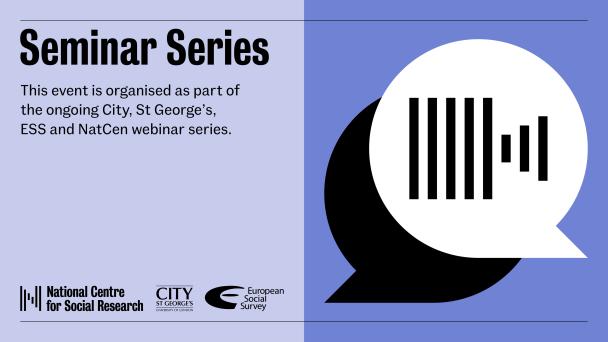Co-constructing climate-health knowledge with informal outdoor workers in urban Vietnam

After 20 years as a qualitative researcher, the term ‘qualitative research’ rolls off my tongue with ease. I ‘know’ what it is. I do it every day. I try and convince others of its virtues. But here I am, writing a blog on qualitative research for the first time. What occasioned this bout of self-reflection? Well a couple of things really. Firstly, a colleague kindly shared a great blog from Margaret Roller (a research design specialist and lead author of Applied Quality Research Design: A Total Quality Framework Approach) on ‘What is the Meaning of Qualitative data’. The blog provided pause for reflection as Margaret provides a definition of qualitative research that goes beyond its obvious features. And the second cause for reflection? Well I am due to be training new colleagues on what qualitative research is this afternoon. Not the greatest time to be having an existential moment I grant you, but it does sharpen the mind somewhat!
So, what is it, this thing we call ‘qualitative research’? Part of the definition lies in the types of questions it can answer (the ‘what’, ‘how’ and ‘why’ rather than ‘how many’). It also relates to the range of methods it draws on (from in-depth interviews to observations), as well as the data it generates (of the rich, non-numerical flavour). But as Margaret mentions, these are moving parts which describe some of the key features of qualitative research, rather than the essence of what it is trying to do.
What, then, is it trying to do? I agree with Margaret that qualitative research is all about capturing, understanding and celebrating the complexity of being human. As an applied policy researcher, for me this complexity is about systematically exploring policy concerns from the multiple and differing viewpoint of participants. This focus on understanding how participants see the world is important whether we are exploring pension decisions, recycling behaviours or journey mapping service use.
Related to this, qualitative research is all about understanding issues in context; that is, understanding each participant’s own perspective but within the context of the conditions and circumstances of their lives. We want to see whether social, personal and wider contexts shape behaviours and attitudes and, if so, how and why. Ritchie et al (2014) sum both these aspects up well when they say that qualitative research is generally directed at:
“…providing an in-depth and interpreted understanding of the social world, by learning about people’s social and material circumstances, their experiences, perspectives and histories.”
Together, the focus on understanding issues from the perspective of participants and in context helps to inform the other moving parts often associated with qualitative research. This includes informing key research design decisions, such as ensuring interviews and focus groups are participant-led, drawing on specific interviewer skills (probing and prompting) to get underneath the surface of what participants tell us, and having a good balance between the deductive and inductive in our design.
Understanding participant perspectives in their own terms and in context is also where the power of qualitative research lies for policy makers. It provides better insights by allowing them to see how participants actually engage with the areas of policy concerns they are interested in, rather than how they ought to. It also provides richer explanations by seeking to understand the often-complex interaction between individuals and their context in influencing behaviours and decisions, as well as engagement with their policies. In doing so, qualitative research helps policy makers ask better questions – often, questions we would not have thought to ask if we hadn’t stopped to listen. This, in turn, can strengthen the whole policy cycle, helping policy makers to better assess policy options, design policies, as well as promote these effectively through communications and campaigns and better evaluate their eventual outcomes.
Given these strengths, NatCen has been championing the role and space for qualitative research in an applied policy setting for over 40 years now. Our policy research teams consist of both mixed method and qualitative researchers, adding to the richness and texture to the insights we bring to our customers. We are also passionate about having a dialogue on qualitative research through the training we provide via the Social Research Association. And, like all good trainers…we are also eager to learn, reflect and develop our approach as qualitative approaches continue to evolve.
So for me, qualitative research is more than the sum of its moving parts…back to my teaching and upwards and onwards to my next existential crisis….




Receive a regular update, sent directly to your inbox, with a summary of our current events, research, blogs and comment.
Subscribe